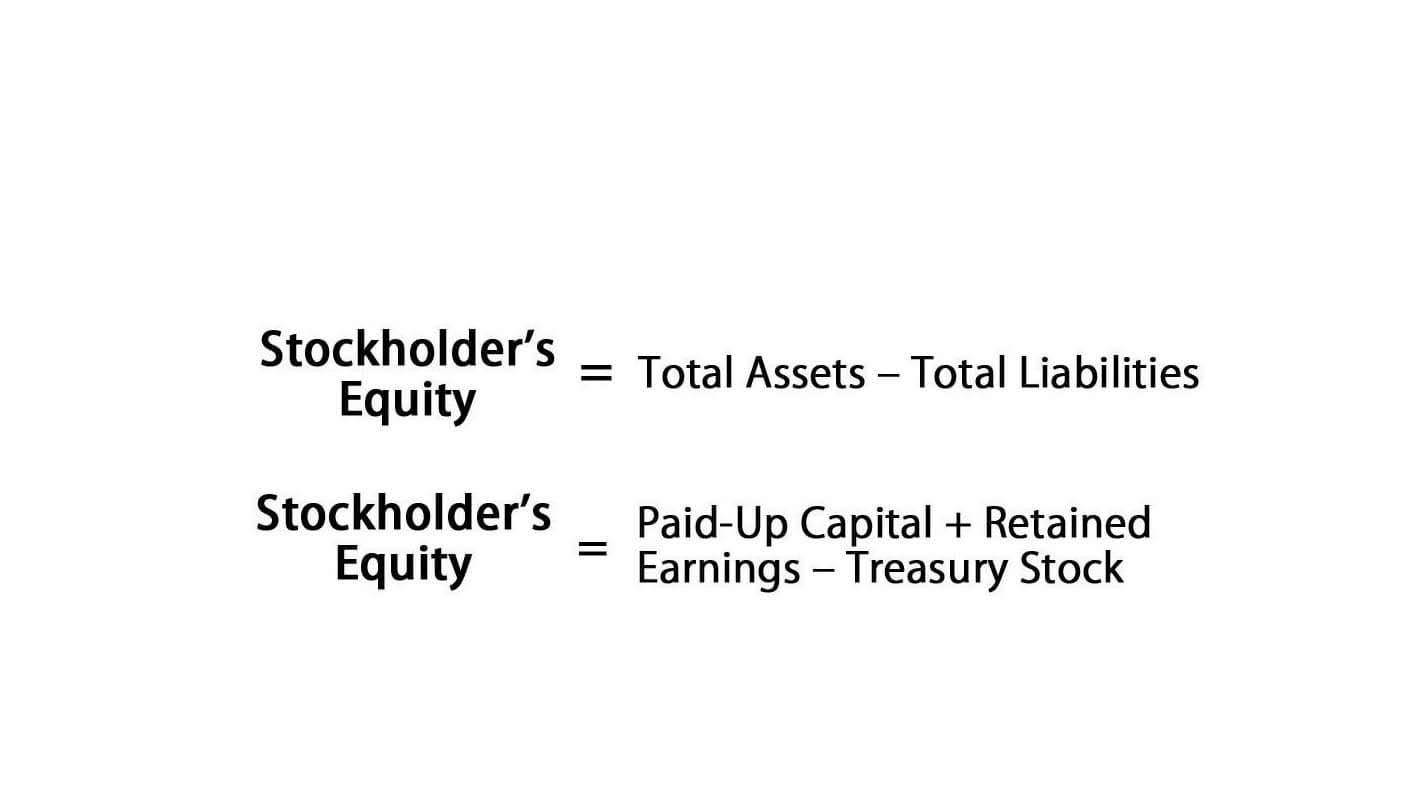
Some scholars have argued that the advent of double-entry accounting practices during that time provided a springboard for the rise of commerce and capitalism. The federal government began working with professional accounting groups to establish standards and practices for consistent and accurate financial reporting. The objectivity principle is one of the most important constraints under generally accepted accounting principles.
Companies can use this information to their advantage and present totals that predict how their businesses will perform in the future. As corporations increasingly need to navigate global markets and conduct operations worldwide, international standards are becoming increasingly popular at the expense of GAAP, even in the U.S. Almost all S&P 500 companies reported at least one non-GAAP measure in their financial statements as of 2019. If a financial statement is not prepared using GAAP, investors should be cautious.
What’s the International Standard?
This helps ensure that a business is only recording income that it actually earned and not simply inflating its results. GAAP is the set of standards and practices that are followed in the United States, but what about other countries? Outside the US, the alternative in most countries is the International Financial Reporting Standards (IFRS), which is regulated by the International Accounting Standards Board (IASB). While the two systems have different principles, rules, and guidelines, IFRS and GAAP have been working towards merging the two systems. US securities law requires all publicly-traded companies, as well as any company that publicly releases financial statements, to follow the GAAP principles and procedures.
If companies were able to pick and choose what information to disclose and how, it would be a nightmare for investors. GAAP principles provide a reliable way to standardize financial reporting and ensure accuracy. However, it can be difficult to implement and maintain complex rules and regulations. For financial analysts performing valuation work and financial modeling, it’s important to have https://www.bookstime.com/articles/cpa-bookkeeping-services a solid understanding of accounting principles. While this is important, financial models focus more on cash flow and economic value, which is not significantly impacted by accounting principles (other than for the calculation of cash taxes). Depending on the accounting methods used, the same data presented in different ways can have a dramatic impact on your business’s financial statements.
What is Healthcare Administration?
You probably don’t have to worry that a company using non-GAAP accounting has a totally different set of books to produce its non-GAAP net income. You should be able to reconcile the company’s GAAP and non-GAAP figures pretty easily. Outside the U.S., the most commonly used accounting regulations are known as the International Financial Reporting Standards (IFRS). The IFRS is used in over 100 countries, including countries in the European Union, Japan, Australia and Canada.

While initially being recognized only in Washington D.C., Washington’s Birthday became a nationwide holiday in 1885. Day, were also established to be celebrated on Mondays when they were first observed. Alaska health officials reported last week that a man died in January after contracting a virus known as Alaskapox. That’s why using our all-in-one subscription and billing platform, Stax Bill, is the best choice for ensuring compliance with GAAP principles like ASC 606. Chai Chung Hoong will assist you in all accounting related services, and help your company in digital transformation.
What Is GAAP?
Without GAAP, comparing financial statements of different companies would be extremely difficult, even within the same industry, making an apples-to-apples comparison hard. Some companies may use both GAAP and non-GAAP measures when reporting their financial results. GAAP regulations require that non-GAAP measures be identified in financial statements and other public disclosures, such as press releases. Public companies in the United States are required to use GAAP for financial reporting.
- We partner with founders to demystify complex issues, steering startups clear of roadblocks from their Day 1 through to exit.
- Similar to the matching principle, the revenue recognition principle accurately reports income, or revenue, when the sale was made, even if you bill your customer or receive payment at a later time.
- Revenues and expenses are matched on your financial statement for a specific period of time such as a month, quarter, or year.
- In every business transaction, there will always be a debit and a credit side.
- As a small business, you will need to meet federal, state, and local tax obligations.
- If you’re unable to get a good overview of your company’s financial health, you may have difficulty foreseeing expenses or could operate under an inaccurate budget.
The goal of these standards is to help investors and creditors better compare companies by establishing consistency and transparency. Companies are expected to follow generally us accounting vs international accounting accepted accounting principles when they report their financial information. At the end of the day, both GAAP and non-GAAP are sets of accounting principles to follow.

ความเห็นล่าสุด